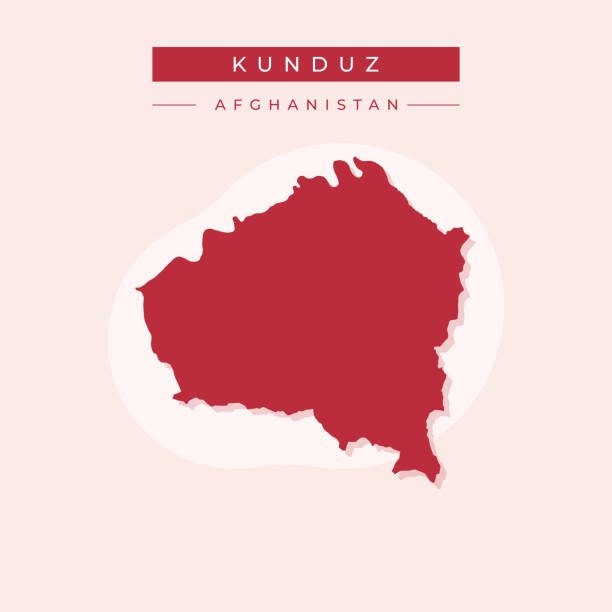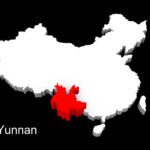The Center for the Scientific Study of Families reports are designed to provide relevant information about the conditional state of families in a specified context. The report provides information such as population, culture, family structure, and family life.
Family reports are an important tool for improving the lives of families. By providing information about the family’s conditional state and context, family reports can help improve communication between families and service providers and lead to better outcomes for families and children.
Introducing Kunduz, Afghanistan
Kunduz province is located on the Kunduz River, about 150 kilometers (93 mi) north of Kabul. The population of Kunduz, Afghanistan is estimated to be around 1,136,677 people. Its capital city, also named Kunduz, is known as a major transportation hub, with roads and railways connecting it to other parts of Afghanistan and Central Asia. Kunduz is also an important agricultural center, producing wheat, rice, millet, and other crops.
Kunduz has a long and storied history, dating back to ancient times. Alexander the Great, the Ghorids, the Timurids, and other empires all had an impact on the area. In modern times, Kunduz played a significant role in the conflicts that have plagued Afghanistan, including the Soviet-Afghan War and the Taliban insurgency.
Cultural and Ethnic Diversity
Kunduz is a very diverse city, with a wide range of cultural and ethnic groups. According to the Naval Postgraduate School, the following are some of the most common groups:
Pashtuns: Pashtuns are the largest ethnic group in Afghanistan and are found throughout the country, including in Kunduz. They have their own language, Pashto, and are known for their rich cultural traditions and customs.
Tajiks: Tajiks are another significant ethnic group in Kunduz and other parts of northern Afghanistan. They primarily speak Dari (Persian) and have a distinct cultural heritage.
Uzbeks: Uzbeks are an important minority group in Kunduz and are concentrated in the northern regions of the province. They speak Uzbek and have cultural ties to Uzbekistan, which shares a border with northern Afghanistan.
Turkmens: Turkmens are a smaller ethnic group in Kunduz, residing mainly in the northwest part of the province. They speak Turkmen and have cultural connections with Turkmenistan, which lies to the northwest of Afghanistan.
Hazaras and others: While not as numerous as the aforementioned groups, there may also be smaller populations of Hazaras, Aimaks, Balochis, and other ethnic groups in Kunduz.
Family Demographics
According to a study by the United Nations Population Fund, the average family size in Kunduz province is 6.2 people. However, there is a significant variation in family size between different ethnic groups. For example, the average family size for Pashtuns is 7.3 people, while the average family size for Tajiks is 5.5 people. Specific statistics regarding marriage and divorce rates were not found.
The family structure of the different ethnic groups in Kunduz is also somewhat different. Pashtun families tend to be patrilineal, meaning that property and inheritance are passed down through the male line. Tajik families, on the other hand, tend to be more egalitarian, with property and inheritance being passed down to both sons and daughters.
Using data collected by the United Nations Development Programme, the adult literacy rate in Kunduz province is 20%. However, there is a significant variation in literacy rates between different ethnic groups. For example, the adult literacy rate for Pashtuns is only 15%, while the adult literacy rate for Tajiks is 25%.
Conclusion
The various ethnic groups that inhabit the area have a profound impact on family life in Kunduz, which is rich and diverse. The traditions, customs, rituals, and practices that are common among families in Kunduz reflect the unique culture and history of the region. It is a beautiful and historic province with a lot to offer. However, it is also a province that has been through a lot of hardship in recent years. The people of Kunduz are resilient and determined, and they are working to rebuild their cities and their lives.





